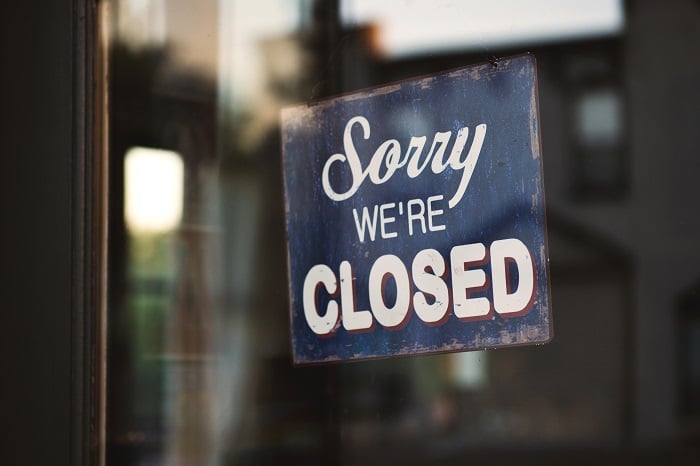Picture this scene: you’ve just started on a big task, blocked time to get it done when somebody’s head pops inside your office and drops the bomb:
“Heyyy, sorry you’re busy but can you do _______ for me? It’s very important and please get it done by today. Ok?”
To maintain peace, you give in and say “Yes”. Big mistake. You should have answered “No”, but that’s easier said than done, is it?
The Psychology of Yes
We all want to be people pleasers. Some people more than others, for sure, but as human beings, we are all drawn towards the need for socialization. All our relationships are somehow revolving around this purpose, and work is no exception.
It’s great to try and do our best at our job, of course, and also be a pleasant, cooperative colleague. But I bet it has happened to you a couple of times to say yes even though a little voice in the back of your head advised you otherwise.
A person might feel compelled to say yes to a request for several reasons:
- Trying not to disappoint anybody;
- Keeping peace with colleagues and clients;
- There might be pressure to over-perform;
- Wanting to prove ourselves that we can do it;
Whether you’re a freelancer managing your own schedule or part of a team, you’re simply hurting your productivity by taking on more than you can handle. And before you know it, you end up with a crammed schedule, stress rises, and your work performance falls. And when your productivity crumbles, so does your motivation.
Constantly saying “Yes” to things that don’t fit our schedule at all is, indeed, a common productivity mistake.
At the same time, starting to decline requests and saying “No” to tasks you can’t/don’t want to take on can help your productivity in several ways, such as:
- It establishes boundaries for yourself and other people to respect;
- It helps you define clear priorities;
- Most likely, it’ll save you a lot of time because you won’t have to undo things you’ve already started;
- Other people can step in your place, boosting collaboration.

“Should I say Yes?”
Is there a way you can fight the urge to say yes? You can start by asking yourself these questions:
1) How does the task fit in my schedule?
It’s obvious, isn’t it? What’s the point of having a schedule if you can’t follow it due to unplanned tasks showing up? Unless you make a habit of leaving buffer time in between tasks, or you can shift tasks around to fit the newcomer, it’s unlikely you’ll find time without sacrificing something else.
2) Am I the right person to do this?
It’s always flattering “to be chosen”, but don’t be afraid to delegate when you think you’re not up for the task. Besides, it’s a networking opportunity since the person you delegate to might return the favor.
3) Is this helping achieve any goal?
Is that request consistent with the project? Does it help to proceed anywhere? Or is it bringing one step behind compared to where you are now? Keeping your goals and direction in mind can help you sort out what should be done immediately and what shouldn’t.
4) Do I have enough resources/information?
Jumping right into a task is not necessarily the best way to approach a project, especially if you don’t have everything you need to carry it out correctly.
You should ask yourself at least one of two of these questions before accepting a new task, and if the answers are several “Nos” … well, you know what you should do.
Saying no doesn’t mean you have to remove the word “Yes” from your vocabulary. There should be a balance: you should say no at least almost as often as you say yes to things. It’s the best way to keep your productivity (and sanity) up.